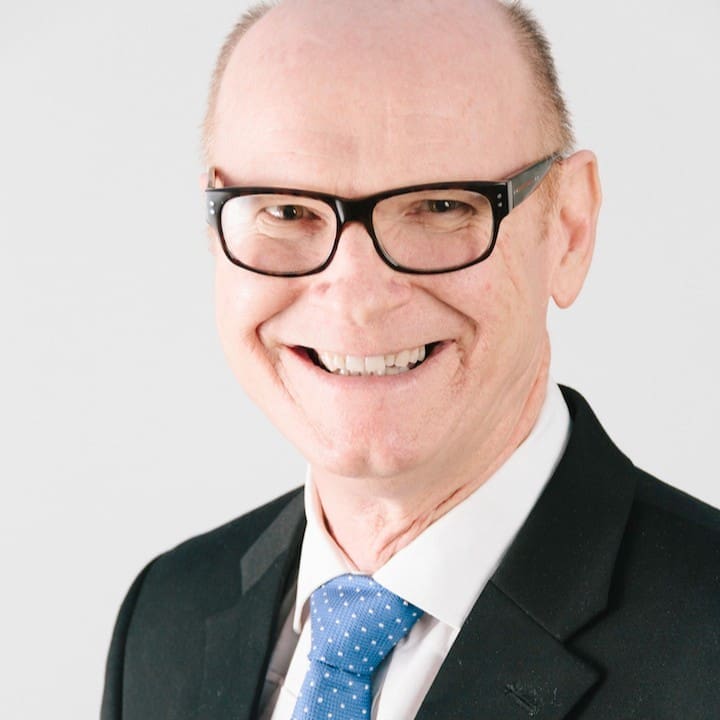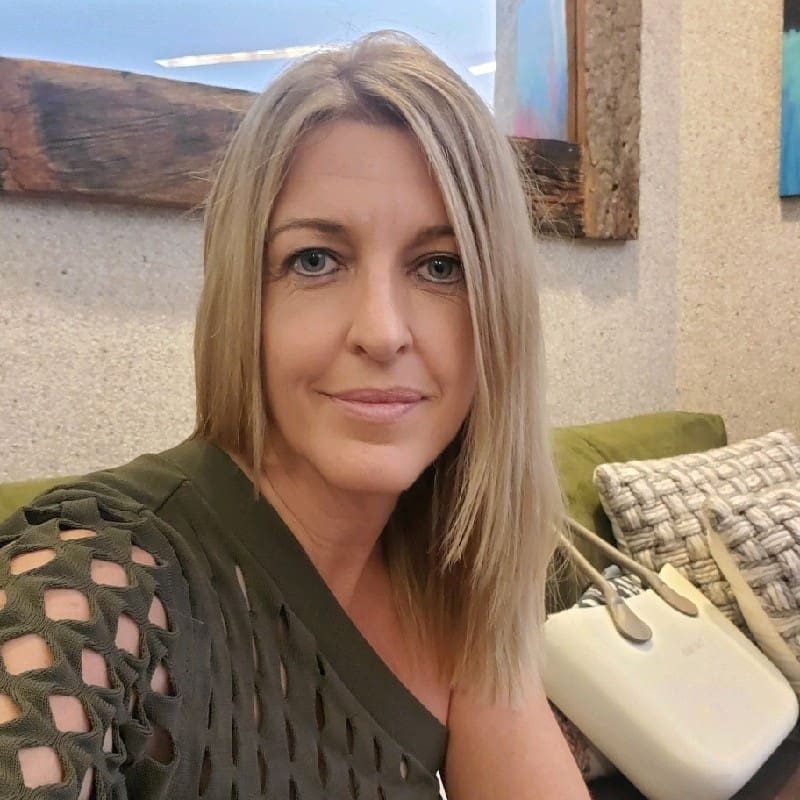Strategic foresight: The skill that transforms chaos into clarity
Do you have a futurist on your leadership team?
These are coachable skills.



The Coaching Program
Developing the Strategic Foresight Competency
No new skill or mindset can simply be downloaded. We need coaching and conversation to challenge our unexamined assumptions, misconceptions and limiting beliefs. And then we need to replace those with new approaches, new models and new evidence of what is possible now and into the future.
Two Part Programme
The Strategic Foresight Coaching Programme comes in 2 parts.
- The First, a 100 day sprint, is concentrated on the Mindset, Tool Set and Skill Set to begin to think like a Futurist.
- The Second 100 day sprint focusses on the Tools in the Compass Model and offers opportunity to apply them to real world business problems to learn the impact of Strategic Foresight.
For Teams
These programmes are designed for teams or cohorts to develop the skills together although it can be run for an individual.
For Strategy
Whether you are in public, private or the non-profit sector, having a good strategic foresight skill set is essential for future relevance of your career and your organisation.
Outcomes
Participants will transition from reactive decision-making to proactive and strategic futures thinking, positioning them as visionary leaders in their industries.
Leaders will learn to anticipate disruptions, adapt strategies to emerging trends, and seize new opportunities with confidence.
Through hands-on exercises and guided coaching, participants will master foresight tools like scenario planning, trend analysis, and systems thinking, directly applying them to their business challenges.
Participants will develop the ability to navigate complex and uncertain environments, making informed decisions that consider multiple future possibilities.
Leaders will gain strategies to engage and align their teams with a shared vision for the future, fostering a culture of innovation and resilience.
By the end of the program, participants will leave with a clear, actionable plan to integrate foresight into their business strategies and operations
Competencies
Foresight Literacy
- Understanding and using the key terms, concepts, and tools of strategic foresight.
- Ability to identify and analyse signals, trends, and disruptions.
Systems Thinking
- Recognising the interconnectedness of business, societal, and technological systems.
- Identifying leverage points for strategic impact.
Scenario Development and Planning
- Crafting plausible scenarios and using them to inform decision-making.
- Testing strategies against multiple future possibilities.
Strategic Questioning and Framing
- Asking powerful questions to uncover opportunities and risks.
- Framing challenges in ways that reveal innovative solutions.
Trend Analysis and Horizon Scanning
- Scanning the environment for weak signals and emerging patterns.
- Distinguishing between short-term fads and long-term trends.
Change Management
- Navigating transitions with adaptive strategies.
- Engaging stakeholders effectively in times of change.
Storytelling and Visioning
- Articulating compelling visions of the future to inspire teams and stakeholders.
- Using narratives to align organisational goals with preferred futures.
Strategic Resilience
- Building strategies that are robust across a range of possible futures.
- Mitigating risks while capitalising on emerging opportunities.
2 Programmes
Part 1 - The Foresight Triad
Mindset, Toolset, Skillset
Part 2 - The Foresight Compass
The Compass Model

Goal
Build foundational futures thinking by learning foresight concepts and essential tools in terms of business challenges.
Phase 1: Mindset
Objective Shift perspectives to embrace futures thinking and a foresight mindset.
Phase 2: Toolset
Objective Introduce and practice foundational foresight tools.
Phase 3: Skillset
Objective Develop actionable foresight skills for immediate business use.

Goal
Develop your foresight skills with the Compass model and apply foresight tools to real strategic business problems.
Phase 1: Gather Intelligence
Objective Equip leaders with tools for data collection and trend analysis.
Phase 2: Manage Change
Objective Foster agility and resilience in response to change.
Phase 3: Describe the Future
Objective Help leaders articulate preferred futures and explore plausible alternatives.
Phase 4: Test Strategy
Objective Validate strategies against future scenarios and stress-test plans.
Who is this for?
- C-Suite Executives
- Senior Business Leaders
- Entrepreneurs and Innovators
- Board Members
- Strategic Planners
- Change Management Leaders
- Industry Specialists
- HR and Talent Development Professionals
- Nonprofit and Social Impact Leaders
- Aspiring Future-Focused Leaders
- Consultants and Advisors
- Innovation and R&D Teams
- Public Sector and Policy Makers
- Global Change Agents
- Professional Coaches and Trainers
- Leaders in Transition
Find out More
Coaching Investment
Should there be a budget constraint and you are still interested in developing your strategic foresight skills, have a look at the Futures Alchemy Collaborative Coaching Plan hosted on Patreon. This is a self-paced, self-study programme available to Futures Visionary Members at $15 a month.
Testimonials from Clients




The program components
- 1 initial staging session per participant
- Up to 2 1-on-1 meetings per participant per month
- 2 Group coaching calls a month. In house teams for 4 or more clients may elect to have their own private group calls.
- Access to WhatsApp (admin only) group for updates and relevant information
- Access to all monthly Open Webinars
- Access to all public workshops during the period
- Access to all ebooks in the “Introduction to Futures Thinking” series
- Access to all online courses during the period
- At the end of month 5, a full book report with personal and company futures goals
- A set of company specific scenarios
- A set of relevant trends, questions and conversation starters for use with your own teams
